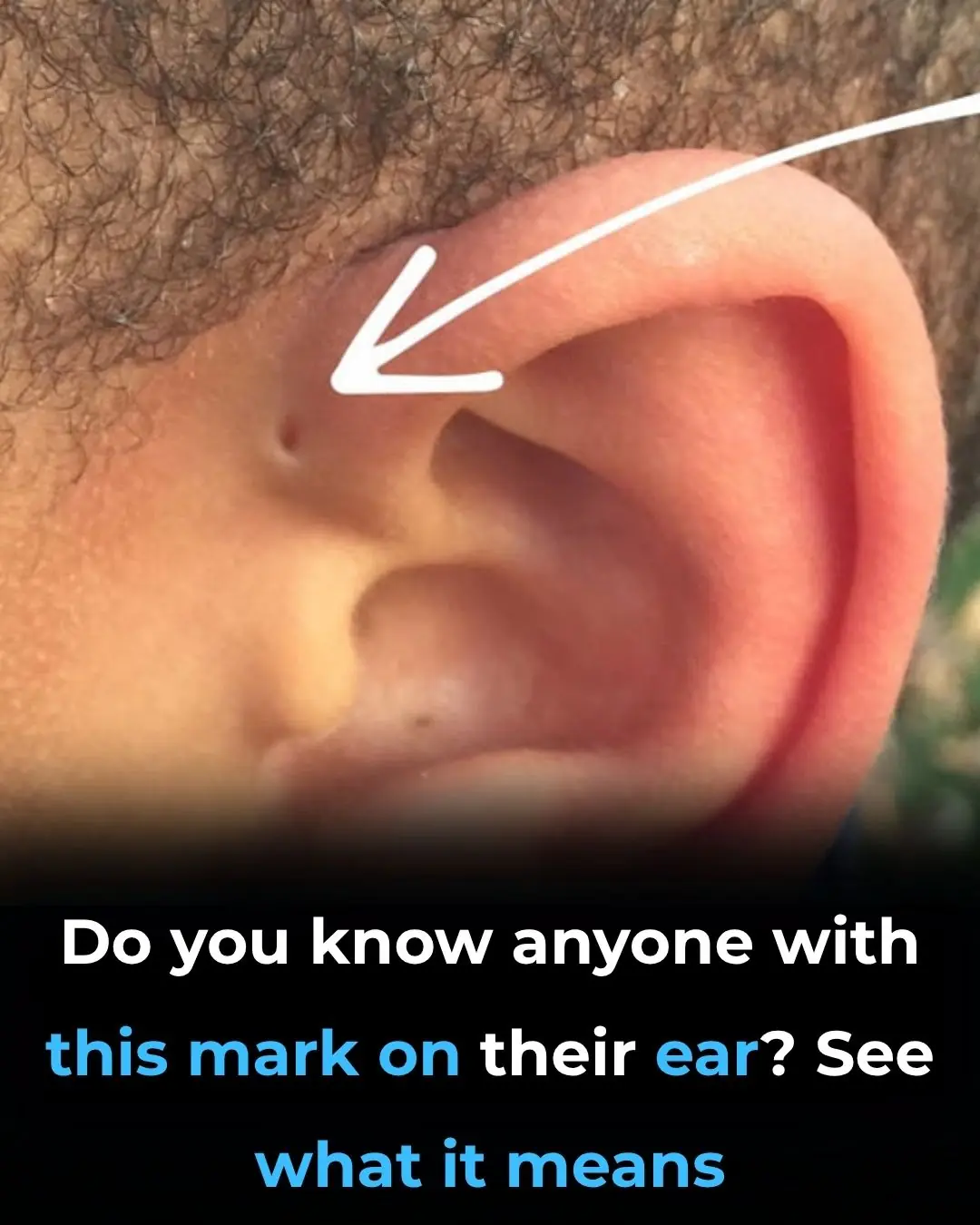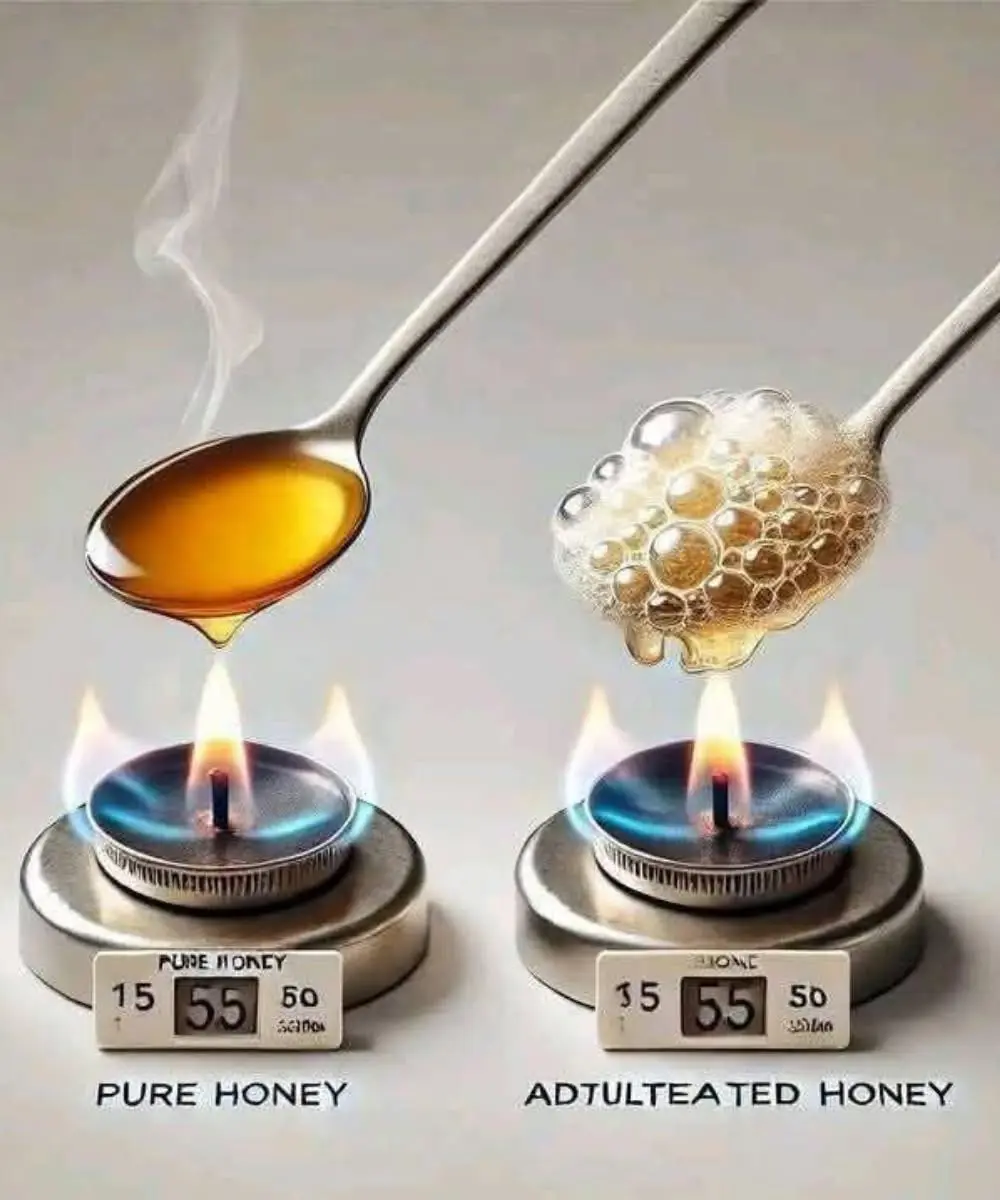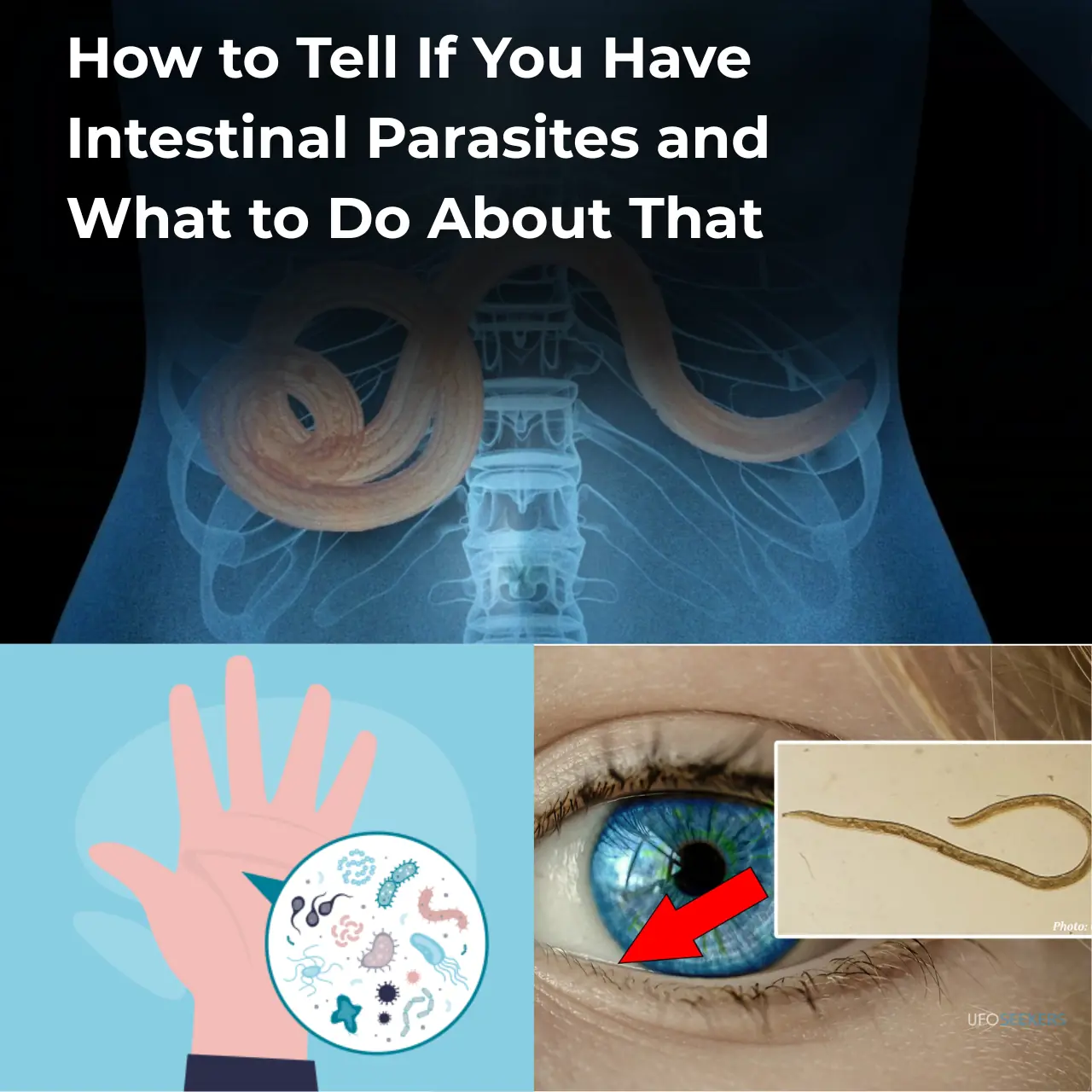
Why Some Eggs Are Speckled

Why Some Eggs Have Speckles — And Whether They’re Safe to Eat
Have you ever opened a carton of eggs and noticed that a few have tiny speckles or spots on the shell? It can look unusual, especially if you’re used to perfectly uniform eggs. The reassuring news is that speckled eggs are generally perfectly safe to eat — and their appearance is more natural than you might think.
Are Speckled Eggs Safe?
Yes — speckled eggs are considered completely safe for consumption.
A study from the University of Georgia found that these small dots are simply extra calcium deposits that form during the egg’s development. The tiny speckles appear in the shell gland of the hen just before the final outer coating (called the cuticle) is applied.
Importantly:
-
They are not caused by bacteria.
-
They are not signs of disease.
-
They are not a result of contamination.
In other words, the speckles affect only the appearance of the shell — not the egg inside.
What Causes the Speckles?
There are several reasons why a hen might produce a speckled egg:
-
Extra Calcium in the Diet
When a hen consumes more calcium than needed, the excess may settle into the shell as small dots. -
Temporary Shell Gland Irregularities
Minor fluctuations in the hen’s reproductive system can create slight variations in shell texture and pattern. -
Sudden Disturbances During Egg Formation
Loud noises, changes in environment, or stress during the egg-laying process may influence shell appearance. -
Genetics and Breed Characteristics
Some chicken breeds naturally lay eggs with speckles due to pigmentation patterns — these are completely normal and often considered attractive or “farm-fresh.”
So, speckles are simply the result of biology, nutrition, and environment, not spoilage or contamination.
Do Speckled Eggs Taste Different?
No — there is no difference in taste, nutritional value, or cooking properties.
The shell only protects the egg; its colour or speckling does not influence flavor or texture.
A speckled egg will scramble, poach, bake, and fry just like any other egg.
If You’re in the UK: Look for the Red Lion Stamp
Eggs marked with the British Red Lion are known for being among the safest eggs globally, thanks to rigorous safety standards and vaccination programs. These eggs are even considered safe to eat soft-boiled or runny, including for pregnant individuals, children, and the elderly.
When Should You Avoid an Egg?
Speckles are harmless, but you should be cautious with eggs that:
-
Smell unpleasant when cracked open
-
Have cracks, mold, or slimy residue on the shell
-
Have been left unrefrigerated for long periods, especially in warm temperatures
If an egg smells off, trust your senses and discard it.
Final Takeaway
Those tiny dots on your egg’s shell? They’re simply natural calcium speckles — nothing harmful and nothing to worry about. The egg inside is just as safe, nutritious, and delicious as any perfectly smooth-shelled egg.
So go ahead:
Fry it, boil it, scramble it, or turn it into the fluffiest omelette.
Now you know — a little speckle won’t spoil your breakfast.
News in the same category


Most Drivers Miss This Simple Button That Improves Visibility At Night

The Truth About the Thigh Gap

You should pay attention to these 6 things around you

What Does This Little Mark On The Ear Mean

Why Do We See “WC” and Toilet Icons Everywhere?

Clever Phrases Smart People Use to End Pointless Arguments

Person 'sucked into plane engine' before takeoff dies in airport tragedy

Pure vs. Adulterated Honey: How to Differentiate Real Honey from Fake with a Simple Water Test

Came back from camping and got some red, itchy skin. Doctor isn't available for another week. What should I do?

This is the first time I'm hearing about this

Melania Trump's outfit choice when meeting Kate Middleton and Prince William has everyone saying the same thing

Why Do Women Cross Their Legs When Sitting

7 Surprising Things Men Actually Notice About Women

Optical Illusion Tells You Whether You’re Private Or Powerful

Why Cats Leave Home and Don’t Return

Why Is It Not Recommended To Hang Out The Clothes Outside

Majority Don’t Know What This Sign Means

Have $2 bills? Their value might surprise you!
News Post

‘Is This True …’: Trump Had No Clue a Dangerous Situation Was Unfolding — and By the Time It Reached Him, His Team Was Already Scrambling

BBC EastEnders fans 'floored' after realising Junior Knight actor's real age

The White House Communications Office is saying our story is not true. We stand by our story. Our story is accurate.

D4vd's Friends Thought He Was Celeste Rivas' Boyfriend, Thought She Was 19

Netflix's Being Eddie release date and what to expect from the Eddie Murphy special

Man Builds “Museum Of Love” To Honor Late Wife’s Memory

MAFS UK's Julia-Ruth issues statement after 'three husbands' bombshell

Strictly star Harry Aikines-Aryeetey addresses ‘heartbreaking’ elimination: ‘It’s nice to go out on a party’

Seven Types of Pain You should Never Ignore

Proven Health Benefits and Uses of Thyme and Thyme Tea

Stop throwing out old plastic food containers

6 things that mice are very afraid of

9 cancer warning signs your body is sending you (don’t ignore these!)

Your legs have a “second heart” — and one simple move can reactivate it fast

Doctor warns: your ‘healthy’ lemon water habit is actually destroying your liver – here’s what you’re doing wrong

Why You Shouldn’t Rush to Fold the Bed When Checking Out of a Hotel

You are doing it all wrong. Here's the right way to boost your immunity naturally

My ear feels clogged all the time, but nothing comes out. No wax of fluid. Doctor appt is far away. What could this be?

Wow, I never knew this!
